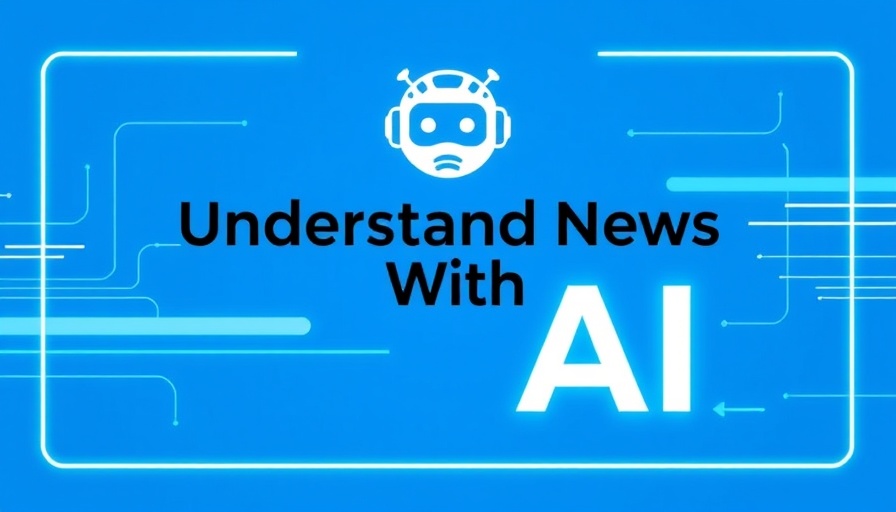
The Rise of AI and Its Impact on Tech Jobs
The tech industry has long been synonymous with innovation and opportunity, providing a sense of stability for workers and creating numerous job roles across diverse sectors. However, we are now witnessing a profound transformation as artificial intelligence (AI) assumes control of many jobs traditionally performed by human professionals. Reports indicate that over 100,000 tech jobs have fallen victim to AI automation in 2025 alone. This drastic shift is sparking serious conversations about worker displacement, job security, and the ethical implications of relying heavily on technology.
The Human Cost of AI Job Loss
For many individuals working in technology, the surge of AI-induced layoffs feels like a betrayal. These employees have honed critical skills in various disciplines such as software engineering and HR, only to find themselves replaced by algorithms that promise efficiency and speed. The emotional strain this places on workers is considerable. Many are now facing uncertain futures; they might have devoted decades to their careers, only to be thrust into gig jobs or retraining programs aimed at enhancing their relevance in a rapidly evolving landscape.
Economic Pressures Driving Automation
From a business perspective, the move towards AI is often framed as a necessary strategy to ensure profitability amidst economic fluctuations. Major tech firms, including Microsoft and IBM, are increasingly turning to AI to lower operational costs and streamline product development. Automation, in this view, is packaged as a means of survival, a way to appease investors eager for stronger profit margins. However, this often comes at a hidden cost—the well-being of the workforce.
Ethical Considerations Amid Automation
With this alarming trend of automation emerging, important ethical questions arise regarding technology's role in our society. While AI systems may promise efficiency and new capabilities, the immediate consequence is often a growing divide between those who control the technology and those whose jobs have been eliminated. As lamentations over AI job loss mount, so do calls for enhanced policies to safeguard affected employees—policies like robust upskilling initiatives or frameworks like universal basic income—to ensure that affected individuals are not left behind in this new era.
The Future of Work: Navigating Change Together
Looking ahead, the future of tech employment hangs in the balance, teetering on the precipice of continuous change. As a workforce, the ability to adapt is critical. Workers must embrace lifelong learning to keep pace with the speed of automation. Meanwhile, companies should view this moment not simply as an opportunity to cut costs but as a responsibility to implement ethical practices that consider the human impact of their decisions.
Community Resilience in the Face of AI
As we forge ahead in this brave new world, it becomes apparent that local communities will play a vital role in supporting those displaced by technology. Local initiatives focused on re-skilling and professional development will be essential. By pooling resources, community organizations can empower individuals to navigate this challenging landscape—transforming potential despair into hope. Efforts by local educators, charities, and businesses to create programs designed to upskill and employ displaced tech workers can help reignite careers and rebuild lives.
Take Action: Supporting Local Solutions
The alarming trend of AI-induced layoffs represents a crucial moment for workers, employers, and local communities alike. While the tech landscape shifts under pressure from automation, communities must rise to meet the challenge together. Get involved in local initiatives that support workers facing job loss due to AI. Advocate for policies that protect jobs and foster training programs aimed at upskilling the workforce. If we come together, we can create pathways to success, ensuring that no one is left behind in this evolving world.
 Add Row
Add Row  Add
Add 




Write A Comment